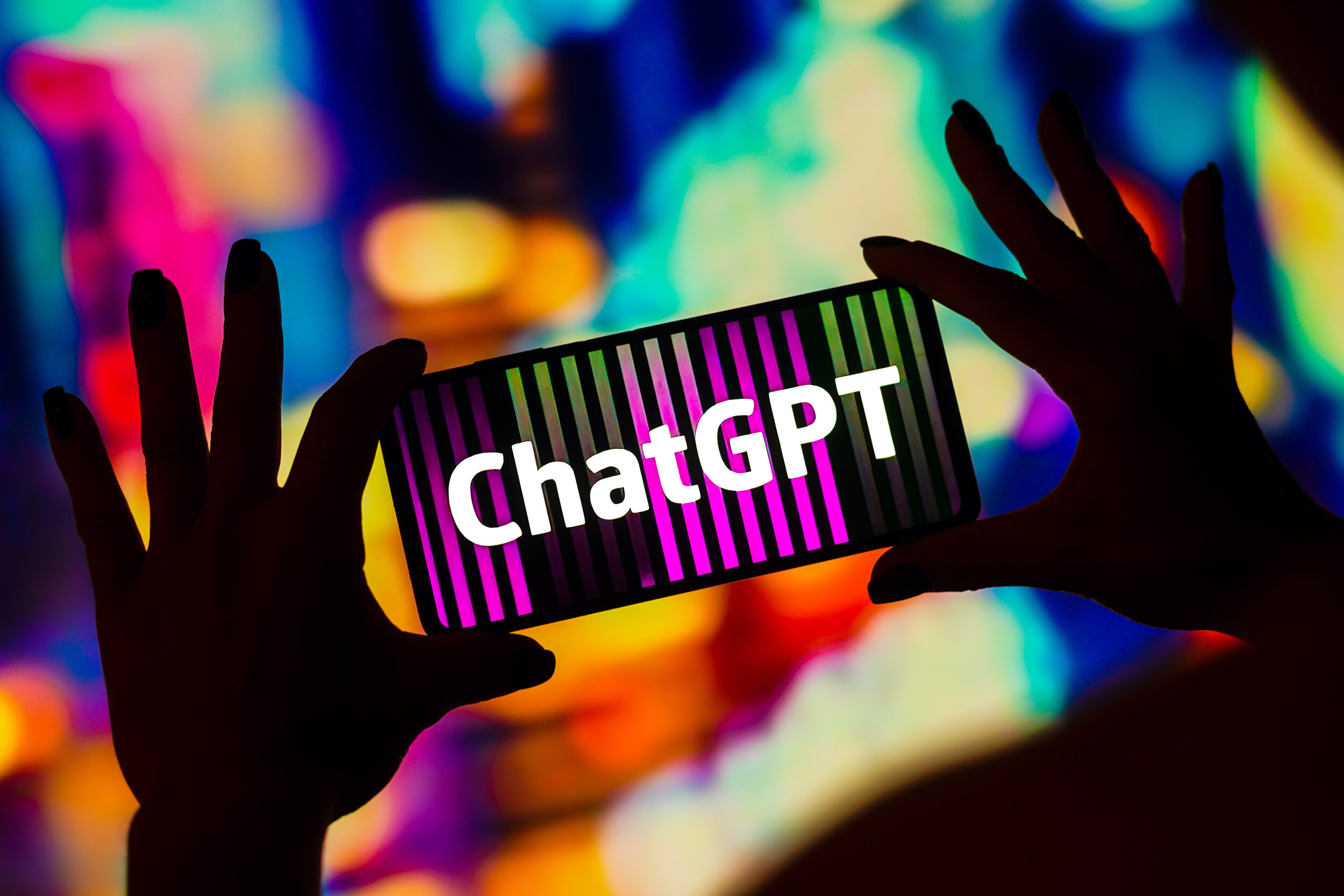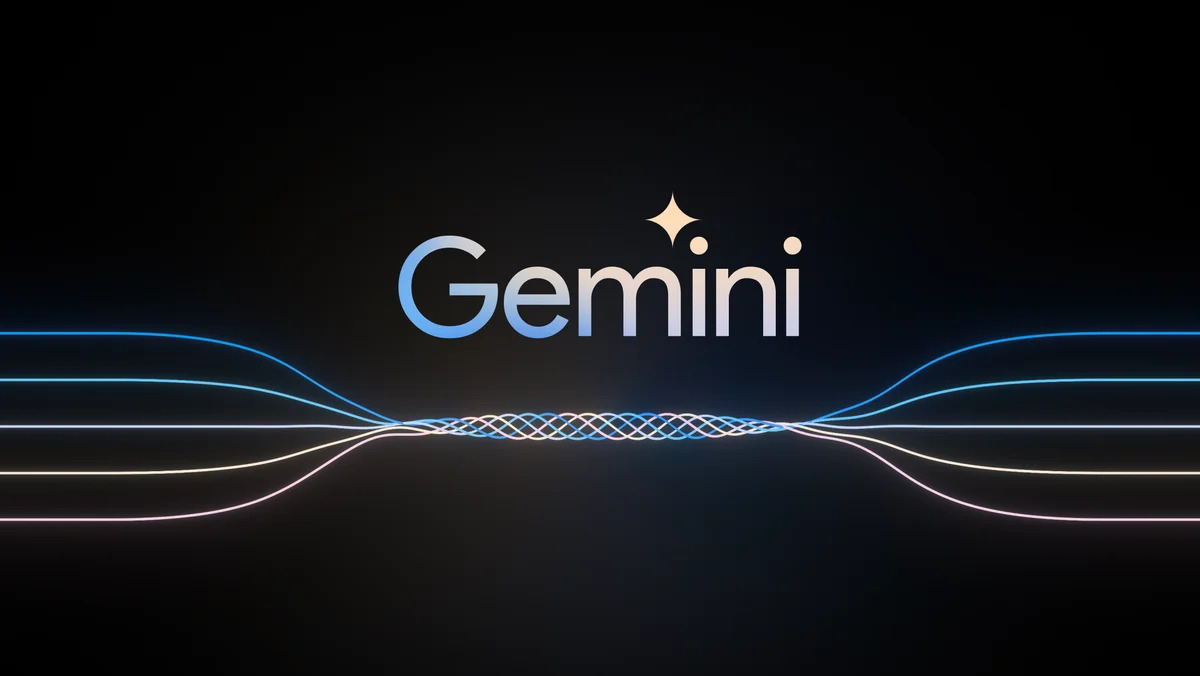Google unveiled Gemini a few days ago, taking the very unusual approach to demo its first real ChatGPT rival. The company showed off a video that implies Google’s generative AI has powers others don’t. Like the ability to sustain a conversation while looking through a camera at real-life events unfolding before its eyes. But it turned out to be an incredibly disingenuous demo of a product that does not exist.
Gemini will one day do exactly what Google demoed, and it might beat OpenAI, Apple, and others. But pretending Gemini can do it now is annoying from a consumer perspective.
However, Google is working on more advanced AI models, including programs that might be able to profile you more accurately than any previous algorithm. Such Gemini features would let the AI tackle questions that are unanswerable right now, simply by glancing at personal information that only an AI program could inspect.
How is that scary, you might ask? Well, remember that Google is an advertising giant. Google makes hundreds of billions of dollars from ads each year, including highly personalized ads targeting your interests. These are based on the data points Google collects from you. It makes so much money from ads that it’s ready to pay tens of billions to Apple just for being the default search engine on the iPhone.
Now, imagine a version of Gemini that Google uses internally to sift through all your data and create accurate advertising profiles about you — profiles that include information it can figure out without even being told. It’s incredibly scary, but it may soon be a reality.
User-privacy and AI
I’ve been talking about the importance of privacy from the moment ChatGPT came to town. I was mostly addressing the behavior of generative AI software of eating up all your data, the stuff you use in the prompts to talk to chatbots, to train future models. On that note, you can remove your data from ChatGPT servers without losing your conversations.
But there’s another side of ChatGPT privacy that we haven’t even had to tackle. The collection of user data for advertising. We haven’t done that because ChatGPT doesn’t make money from ads. Google does. And now Google has a ChatGPT tool that can help it build an AI for advertising that will make incredibly detailed profiles about you.

What is Project Ellman?
According to Google documents that CNCB saw, Google demoed new AI called Project Ellman internally at a recent Google summit. The Gemini team is apparently involved in such a project. The teams “spent the past few months determining that large language models are the ideal tech to make this bird’s-eye approach to one’s life story a reality.”
Project Ellman would see everything in a user’s Google account, from notes to photos and location data. It would be able to “answer previously impossible questions,” according to the teams.
That could be a great way to offer more personal AI features on devices like Android phones. Gemini could power more advanced Google Photos memory experiences. The report explains the kind of data Gemini would infer under Project Ellman. The AI would know:
- the years you spent in school and where
- whether you’ve attended a class reunion recently
- how long you lived in a location
- similar towns to yours if you wanted to move right now
- how long you’ve been a parent
- when your children were born
- who your partner is
- how many kids you have together
- if you have any pets and its name
- who you or your pet hangs out with the most
- the siblings you last visited
- what you like to eat and how often you have certain foods
You might think that’s all great and could improve apps like Google Photos. Or Apple’s new Journal app. Of course, it’d be great if AI could remember everything about you and help with convenient information. I want that kind of personal AI in my future. AI that I would trust to access that sort of information.

What if Gemini AI made personalized ads for you?
But the CNBC report offers this paragraph:
The technology also determined what products the user was considering purchasing, their interests, work and travel plans based on the user’s screenshots, the presentation stated. It also suggested it would be able to know their favorite websites and apps, giving examples Google Docs, Reddit and Instagram.
That is the scary part. That is the Gemini feature that might work in the background and help Google’s advertising business thrive. That’s not what I want from personal AI. I’d rather buy AI products, whether it’s something like the Ai Pin or an iPhone or Pixel of the future, with built-in on-device generative AI, rather than get the ad-based version of personal AI.
Google commented on the matter, telling CNBC that the product described in that documentation is an “internal exploration,” not a finalized Gemini feature:
Google Photos has always used AI to help people search their photos and videos, and we’re excited about the potential of LLMs to unlock even more helpful experiences. This was an early internal exploration and, as always, should we decide to roll out new features, we would take the time needed to ensure they were helpful to people, and designed to protect users’ privacy and safety as our top priority.
We’re probably safe for now
I’ll also say that we live in a different landscape right now where Google has to pretend at least that it values user privacy. Apple’s prioritizing user privacy and mounting pressure from the EU’s user-centric tech laws forced Google to change its ways. Or to pretend it did.
It’s not a guarantee that Google will go down the bad AI route that I fear. Or Facebook. Let’s also keep in mind that Facebook operates its own large language models. And Facebook’s main money source is personalized ads.
But these companies, who have breached user privacy a number of times already, can’t be fully trusted. Not until there are stronger laws that would govern such use-cases for AI programs.
I could tell you about all the ways that Google broke your privacy over the years, or do what TechRadar did and point you to the Wikipedia page for Privacy concerns regarding Google.
It’s huge, and you’ll have to remember it if we ever come close to Google asking for your data in return for a highly personal version of Gemini that can do some of the incredibly exciting things above but only if it also serves you ads along the way.








